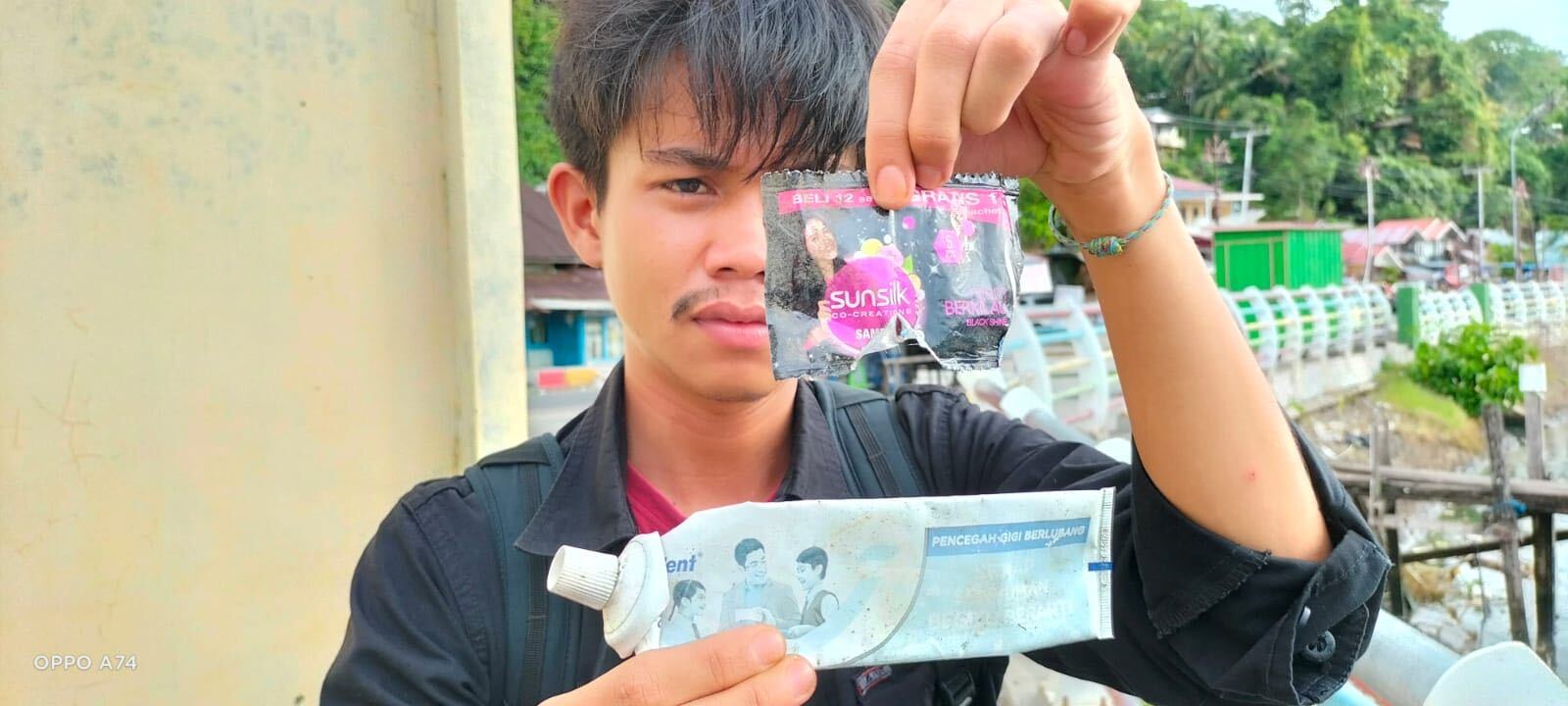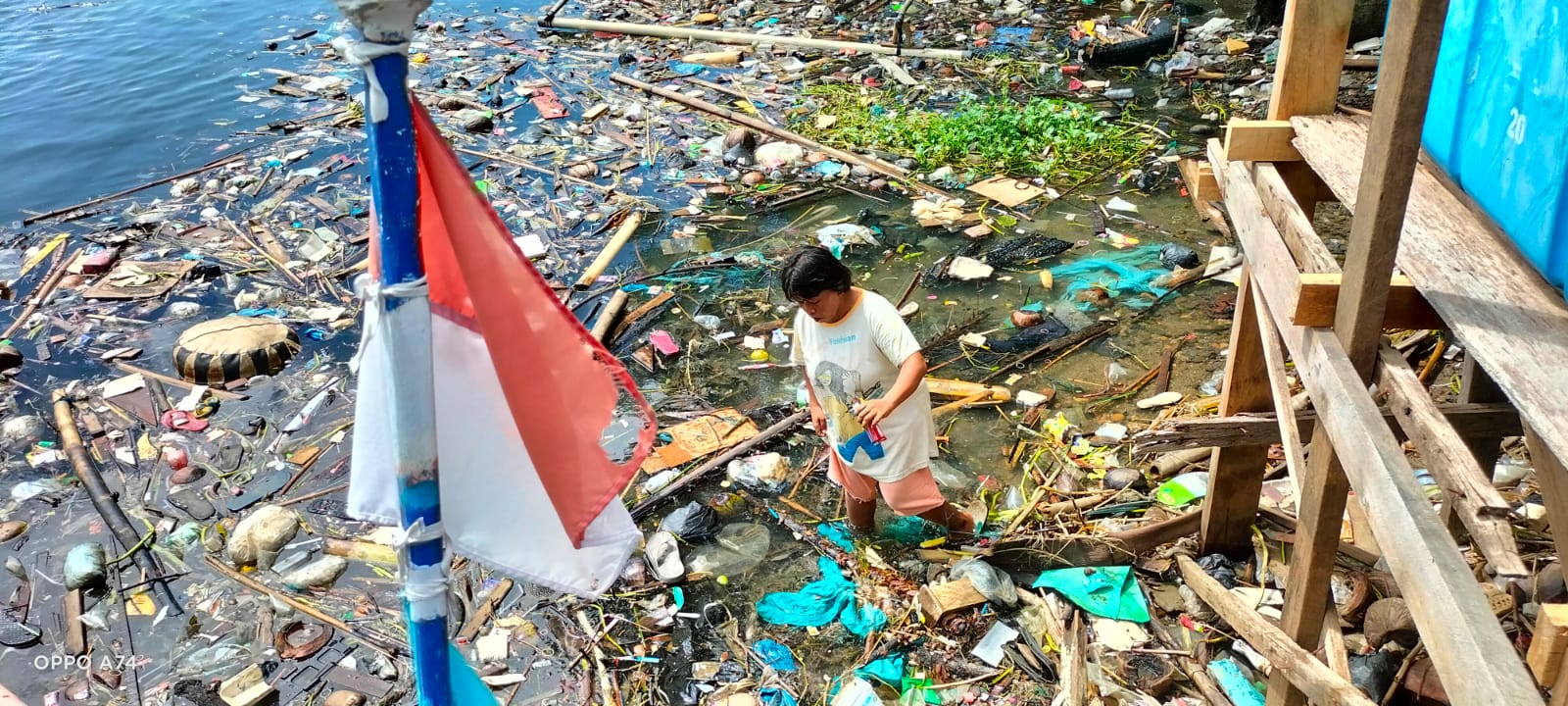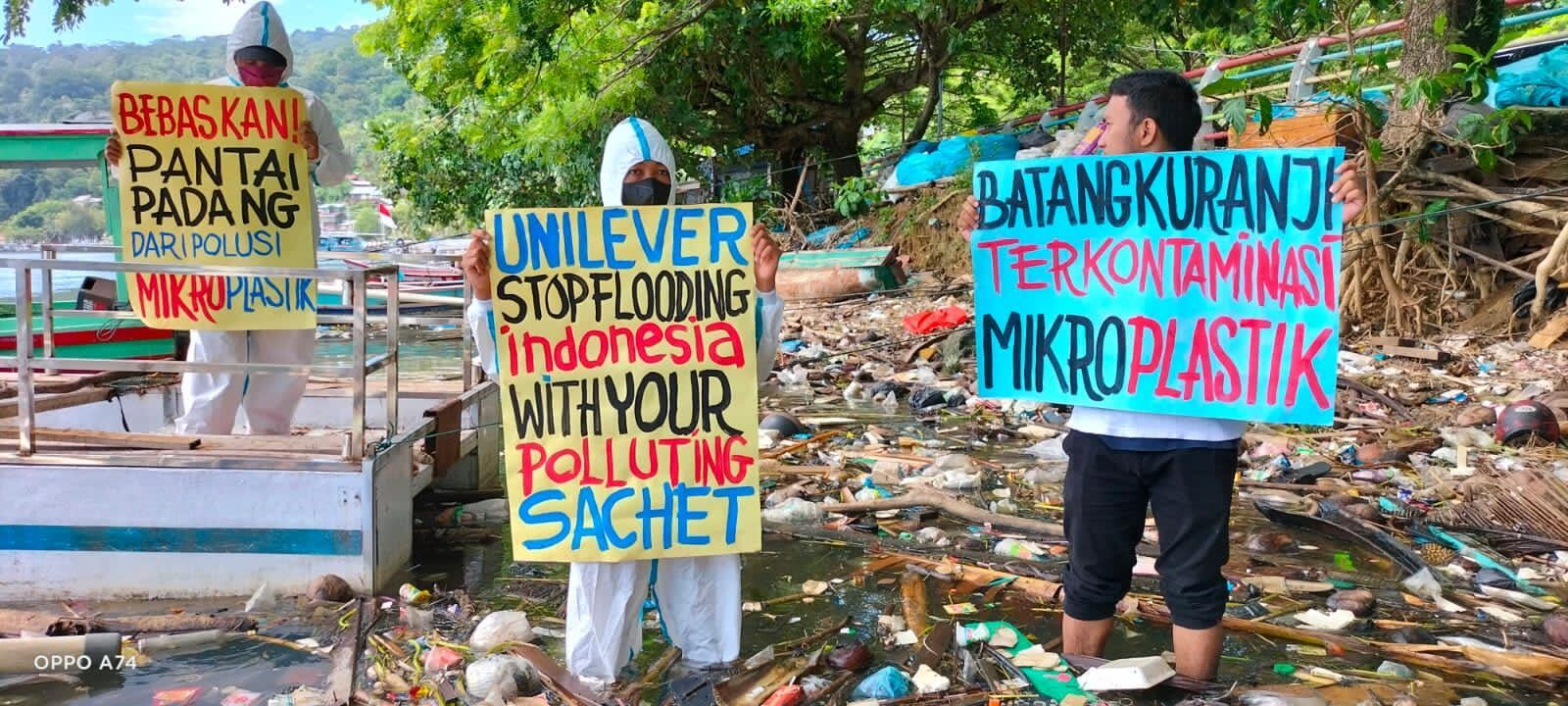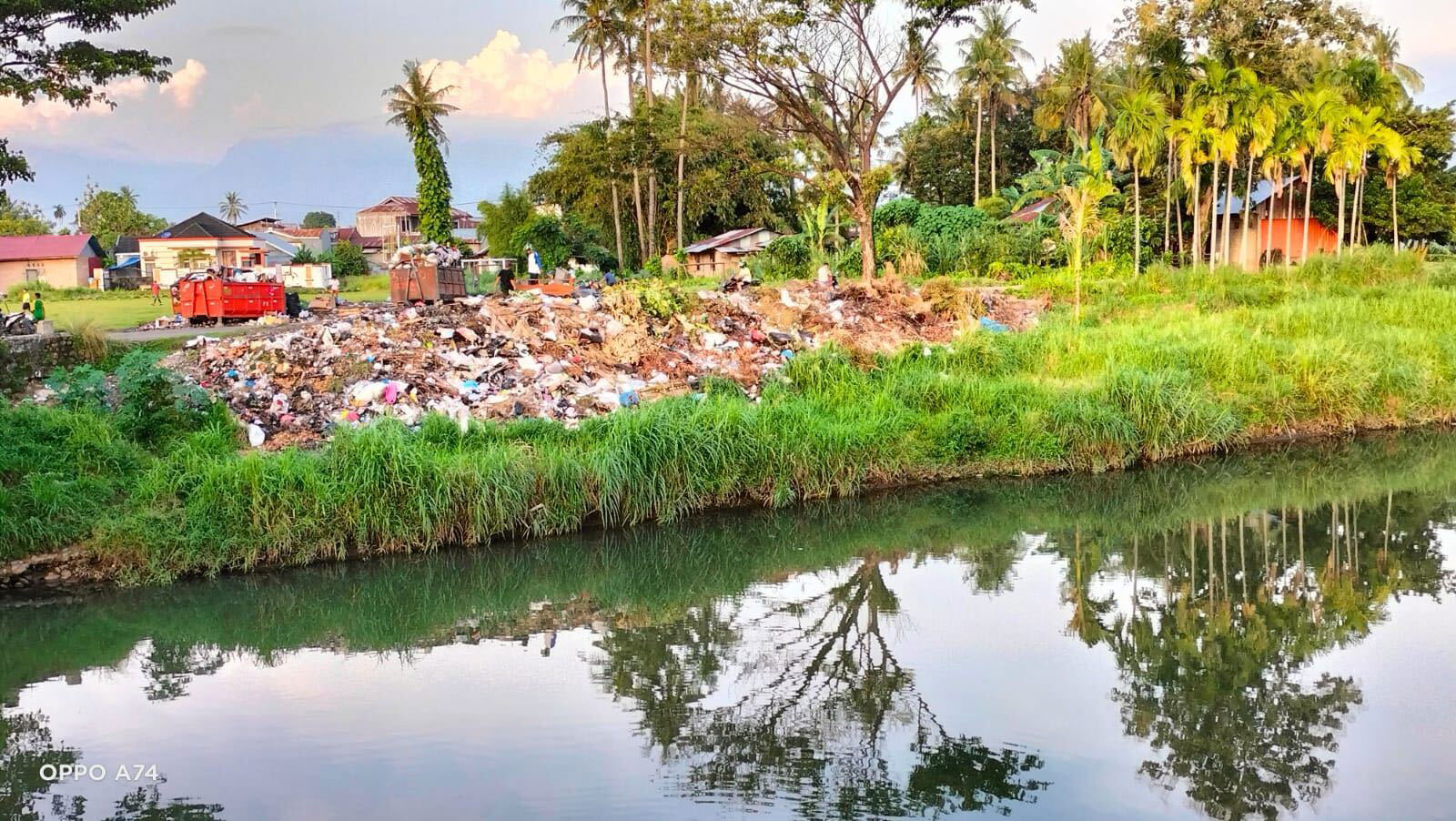Aside from collecting water samples, ECOTON and WALHI-West Sumatra also conducted a
brand audit, in which volunteers identified the top brands polluting the river: Unilever, Danone, Coca-Cola, Indofood, and Wings.
International fast-moving consumer goods (FMCG) corporations Unilever and Coca-Cola also topped the global brand audits conducted by #breakfreefromplastic in 2021. They also figure consistently in the annual brand audits over the past five years.
Various environment groups have been calling for corporate accountability on the proliferation of single-use plastics worldwide. Most notably, a global campaign recently launched by Quit Sachets is specifically calling on Unilever to stop the use of sachets and other false solutions to plastic pollution that the corporation supports especially in Indonesia.
Sachets are single-use pouches used across Asian markets, often containing small portions of basic goods such as shampoo, laundry detergent, instant coffee, and soy sauce. In Indonesia, they reportedly make up 16% percent of plastic waste in the country, or about 768,000 tonnes per year. With no market value and no commercially-viable choices for safe treatment, disposal options for sachets are limited, with local governments forced to bury or burn them. Moreover, FMCGs like Unilever have partnered with cement companies to burn plastic waste in cement kilns. Cement company SBI, for example, can accommodate up to 30,000 tonnes of plastic waste per year.



